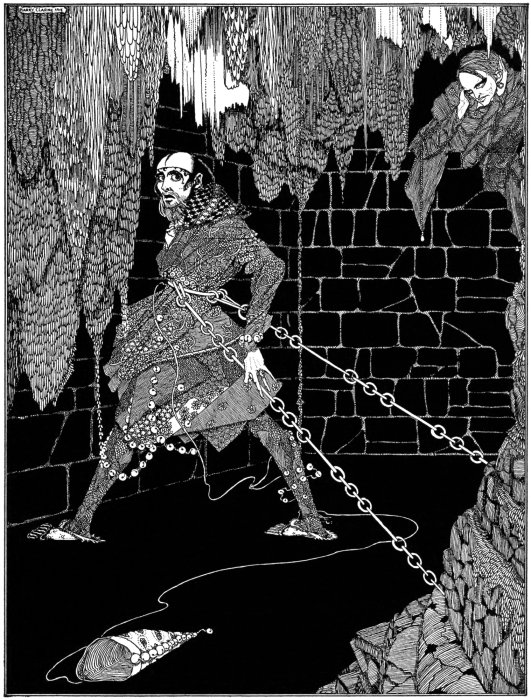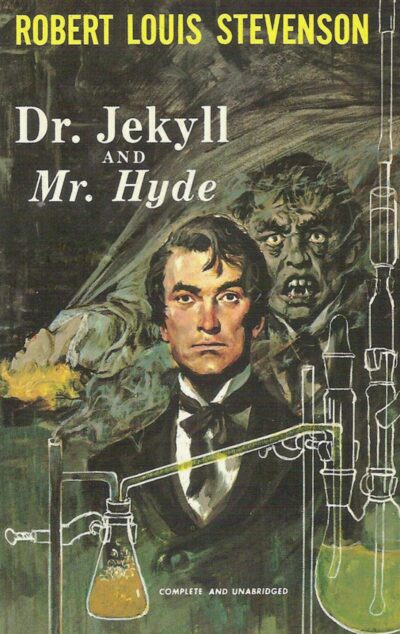As a long-time fan of Edgar Allan Poe’s works, I thought I knew what to expect when picking up The Cask of Amontillado. I was familiar with his dark, haunting tales of revenge and madness, but this one felt different. (I recommend everyone read this short story!!)
Curiosity and Suspense
From the moment Montresor starts recounting his story, I was hooked, though I wasn’t sure why. The first emotion I felt was curiosity; an intense need to know what was happening and why Montresor was seeking revenge on Fortunato. Poe uses a combination of suspense and irony to keep me guessing. Montresor’s cool, calculated tone and cryptic references to “the Amontillado” created a growing sense of tension that made me want to keep reading to understand his motives. What even is an Amontillado?
“The thousand injuries of Fortunato I had borne as I best could, but when he ventured upon insult I vowed revenge.”
This sentence was one of the opening lines. It was sinister in tone and left me wondering: what did Fortunato do? Was Montresor justified, or was something more twisted at play?
As the story progressed, I became increasingly drawn into the psychological manipulation between the two men. Poe’s subtle use of irony made me wonder about Montresor’s reliability. I knew something was off about the way he described events, and that unease triggered a feeling of paranoia. Was Montresor truly the victim of some great wrong, or was he simply justifying his own cruelty?
“A wrong is unredressed when retribution overtakes its redresser.”
That line revealed how methodical and detached he is; it’s not just revenge he wants, but the perfect revenge. The more I read, the more I questioned Montresor’s motivations and began to distrust him as a narrator, despite his calm, reasonable demeanor. This blend of curiosity, suspense, and irony kept me hooked, feeling both intrigued and wary as the plot thickened.
Confusion and Empathy
As Montresor’s revenge plot unfolded, I started to experience confusion. The deeper Montresor and Fortunato descended into the catacombs, the less clear it became where the lines between right and wrong were drawn. On one hand, I could empathize with Montresor’s feelings of betrayal, which he repeatedly alluded to throughout the story. His pride and anger at the perceived wrongs against him created a complex emotional landscape that led me to feel some empathy for him, even though I couldn’t justify his actions. At one point, Montresor even pretends concern for Fortunato’s health:
“We will go back; your health is precious.”
The hypocrisy here is almost laughable; he’s luring a man to his death while feigning compassion. That false concern blurred the emotional lines and fed my confusion.
But this feeling of empathy quickly became complicated by the moral omniscience Poe infuses into the story. It’s clear to the reader that Montresor’s actions are inexcusable, and this moral clarity forced me to reconsider my initial sympathy for him. I felt torn between understanding his feelings and knowing that what he was doing was utterly wrong.
Poe’s use of irony here deepened my internal struggle. Montresor justifying his cruelty made me question my own sense of right and wrong. When Fortunato jokes, “I shall not die of a cough,” Montresor coldly replies, “True—true.” That brief moment struck me—it was chilling, and I knew the end was near, yet Poe made me sit with it. Montresor justifying his cruelty made me question my own sense of right and wrong. The combination of confusion, empathy, and irony led me to a deeper moral reckoning, one that made me reflect on the ways in which emotions like pride and resentment can distort our sense of justice.
Catharsis and Awe
By the end of the story, the overwhelming emotion I felt was catharsis. Poe’s calculated pacing finally paid off with a shocking revelation; the moment Montresor seals Fortunato in the catacombs is both the climax of the plot and an emotional release.
“For the love of God, Montresor!” Fortunato screams. And Montresor’s response? “Yes,” I said, “for the love of God.” That exchange was the final breaking point for me; not just because of the horror of it, but because of the emotional and moral weight behind those words. After all the suspense and tension, I was finally given a resolution, but it was not the satisfying kind of relief I was expecting. Instead, the catharsis came with an unsettling feeling. I was left with an uncomfortable sense of awe (not for Montresor’s revenge) but for the brilliance with which Poe constructed the entire narrative.
Poe’s use of suspense and irony created a profound emotional experience. The final twist, in which Montresor reveals he has never been caught for his crime, was so perfectly executed that I couldn’t help but feel awe for Poe’s craftsmanship. Works of Poe’s such as this one have deeply inspired my writing in the past, and heavily influenced my personal style. The story had made me feel a mixture of tension, confusion, and empathy, and now I was left to grapple with the consequences of Montresor’s actions. It was a cathartic release, but one that didn’t offer peace; only the eerie silence of Montresor’s confession. This was a type of feeling only conveyed by this type of writing that I struggle to find in many other works. I couldn’t help but feel the weight of Montresor’s cold, methodical revenge, which left me both in awe of Poe’s skill and deeply disturbed by the story’s implications.
Featured Image
Illustration of “The Cask of Amontillado” by Harry Clarke, 1919




